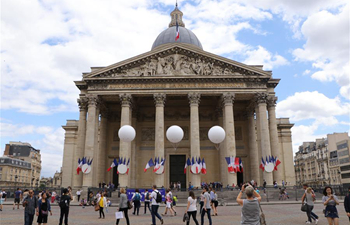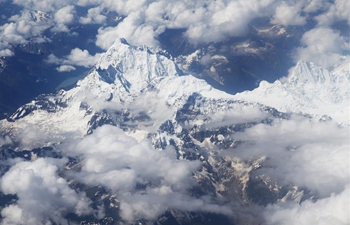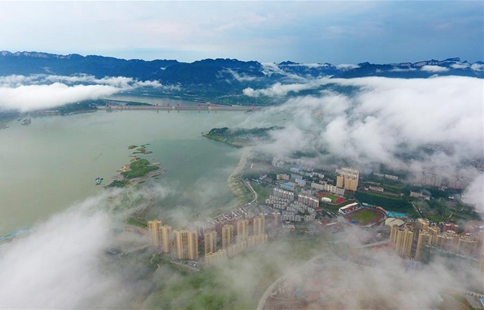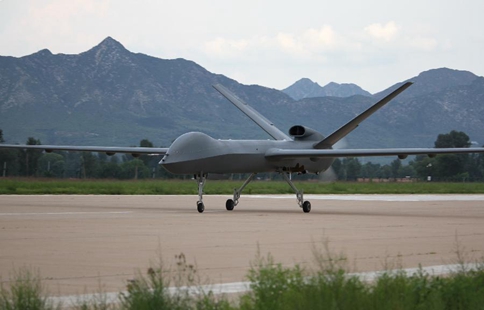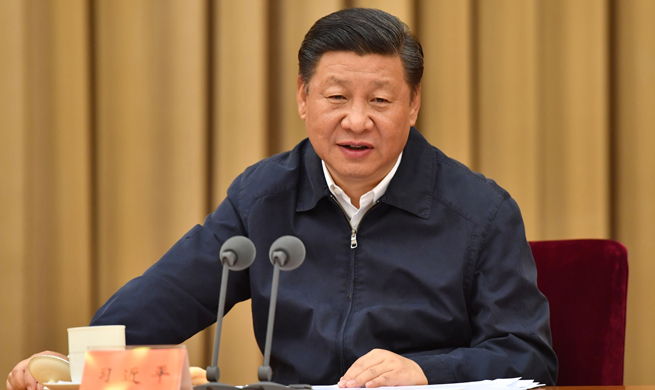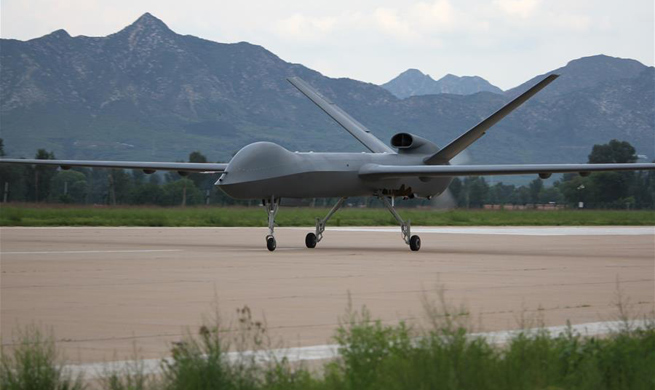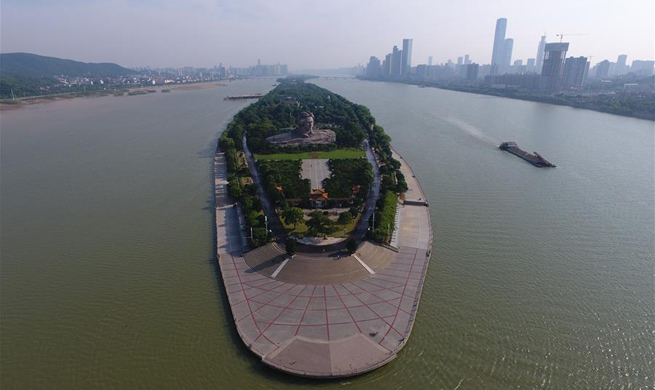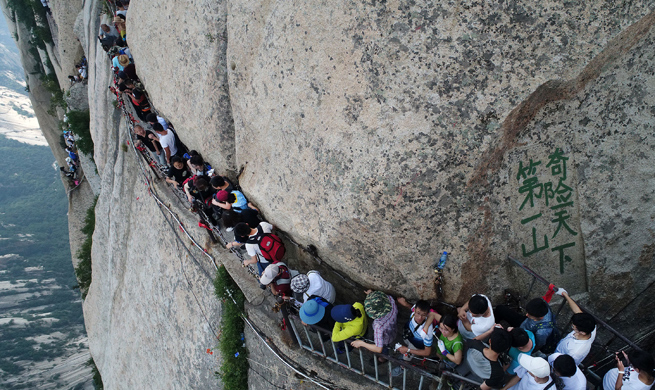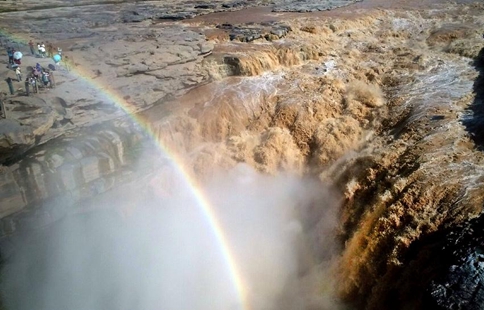by Fatima AbdulKarim
RAMALLAH, July 15 (Xinhua) -- The closure of the Al-Aqsa mosque in East Jerusalum was viewed by many as a sign that the collective political discourse has been shifting both in Palestine and the region from a national one into a religious one.
Israeli authorities have kept Al-Aqsa mosque shuttered, banning prayers, for the first time in decades. The Israeli decision came in the wake of a shooting attack that left three Palestinians and two Israeli officers killed on Friday morning.
Palestinian President Mahmoud Abbas spoke with Israeli Prime Minister Benjamin Netanyahu on the phone after the attack and expressed his renunciation of violence from any side.
Abbas called on him to reopen the mosque and warned of exploiting the attack to make changes to the religious and historical status of the city, considered holy by three monotheistic religions; Judaism, Christianity and Islam.
Palestinian reports said that last time the Friday prayers, the holy day prayers for Muslims, was banned in Al-Aqsa mosque was in June 1967, during the six-day war in which Israel took over East Jerusalem, Gaza Strip and West Bank, along with the Syrian Golan Heights and Egyptian Sinai desert.
Israeli authorities cited security concerns for the continuation of the closure, while Palestinians view it as a breach of religious rights and collective punishment.
Al-Aqsa mosque is sacred to both Muslims and Jews, with the latter referring to it as the Temple Mount.
For Muslims it is considered the third holiest site located in a spacious compound besides the infamous golden Dome of the Rock, together known as Al-Haram Al-Sharif or Noble Sanctuary, inside the Old City of Jerusalem that was referred to by UNESCO as an Islamic site.
Al-Haram Al-Sharif has been administered by Jordanian Islamic Waqf Ministry since 1948, but after Israel took over, it was obliged to respect the status quo and not make any changes to the status, laws and institutions in occupied East Jerusalem.
Palestinians fear that the Israeli government seeks to break this status quo agreement with Jordan and impose changes to the holy site.
"The implications are extremely grave as Israel always uses such incidents to change the status quo on the ground. That's how they took the Ibrahimi Mosque in Hebron. I am afraid they will do the same in Al-Aqsa," said Basem Khoury, a prominent Jerusalem figure and former PNA economy minister.
Khoury's pessimistic comment is the summary of the main fears of Palestinians, as the Hebron's Islamic site, Al-Ibrahimi Mosque, considered fourth holy site in Islam, came under Israeli control after security pretexts.
The entire old city of Hebron is under Israeli control, and the mosque was converted into a military post. It was divided into two parts; one for Muslims and another for Jews, although Israeli soldiers control access to it and often imposed restrictions on Palestinians.
Similar restrictions have been imposed on Jerusalem's holy mosque and have been the reason for several incidents over past months that have lead to increased tension.
Israeli police prevent Muslim worshippers under the age of 40 from accessing Al-Aqsa mosque while groups of settlers would visit the site they consider holy to them.
Palestinians fear that this might turn into the permanent situation.
Mustafa Barghouti, Secretary General of National Initiative party described the pressures so far as powerless and questioned "if Arab states use sanctions against one another, why not use it against Israel to end settlements and end the occupation?"
Nour Odeh, a Ramallah based political and communications advisor highlighted that by connecting the dots between the Israeli remarks at Al-Aqsa mosque and the statements by various Israeli government officials, "it becomes clear that this incident may be easily exploited and used to increase restrictions on access of Palestinians into Al-Aqsa mosque."
"The most dangerous thing Israel is doing is to provoke religious sentiments and turning the conflict to a religious one, and we have always fought that back, but, now, given the isolation of Jerusalem and the unrest in the region, this can be a wild card and its consequences may be endless," she said.
"The Israeli government is ready to take it in that direction because it reiterates the negative stereotype of the aggressive Palestinian, especially under international silence over its breaches of human rights and international law in Jerusalem," she added.
She noted that "the public opinion is outraged and therefore the internal debate may not be possible, which would contribute to shift the nationalistic issues to religious ones, thus fragmented and easily defeated under the Israeli collective punishment system."






